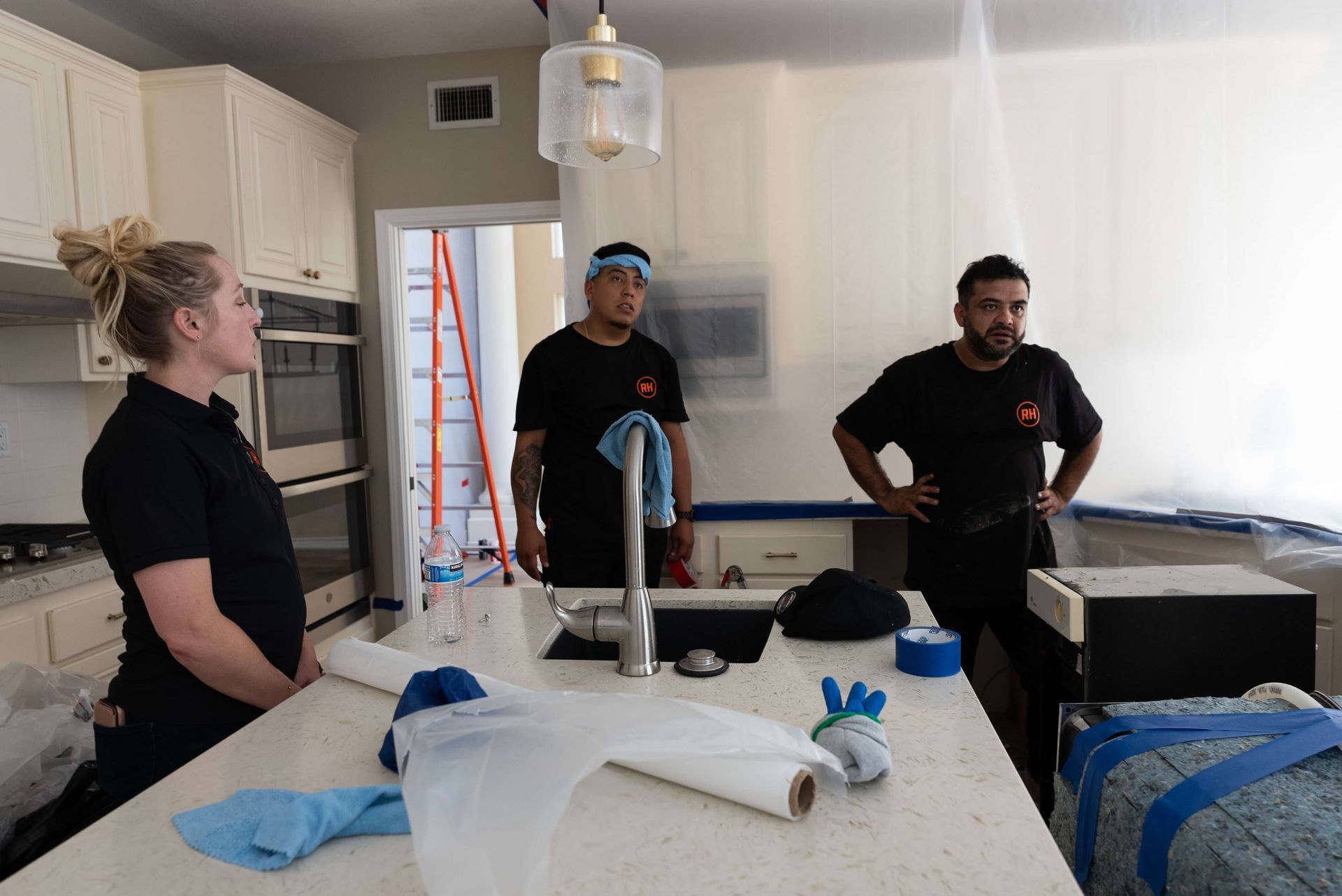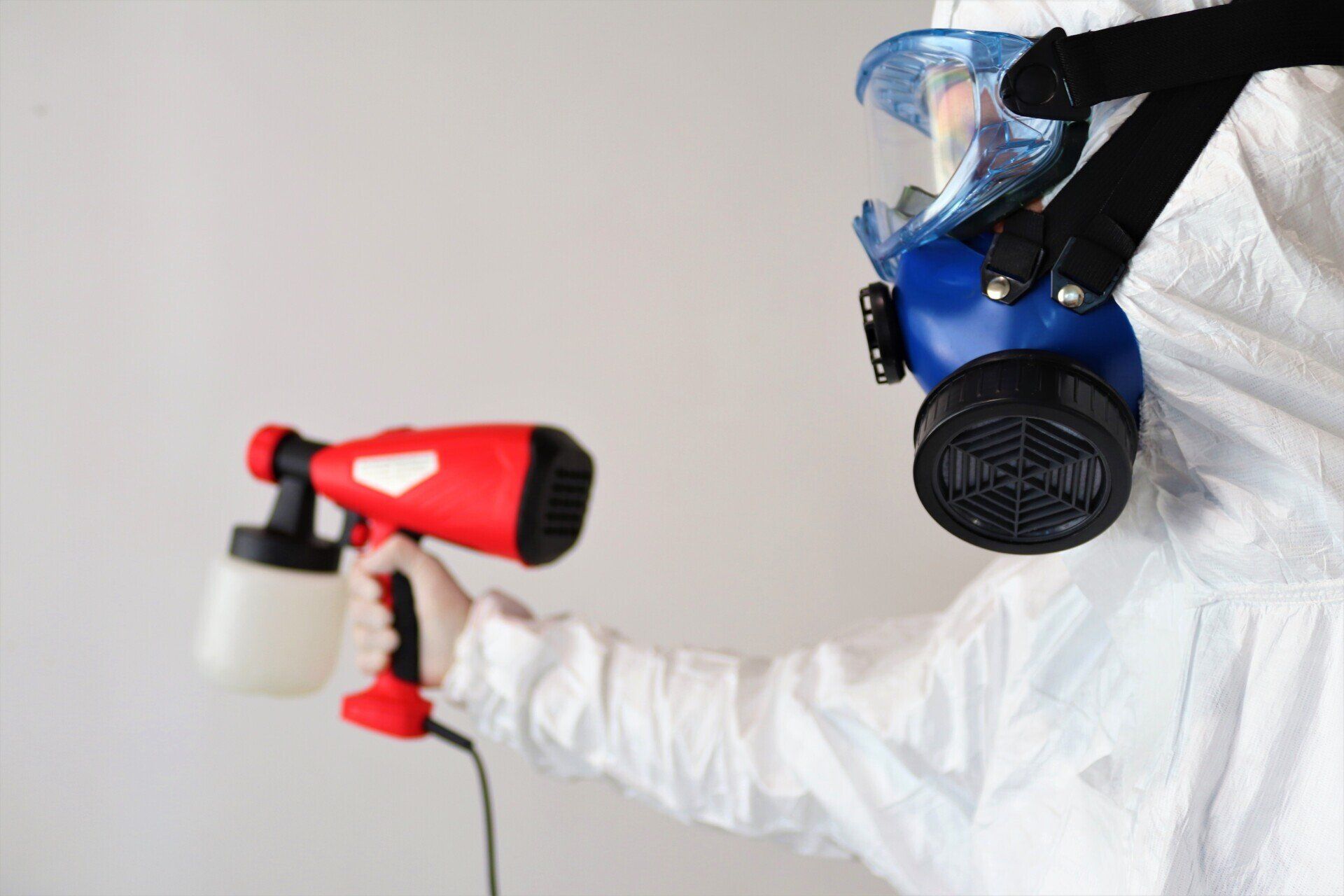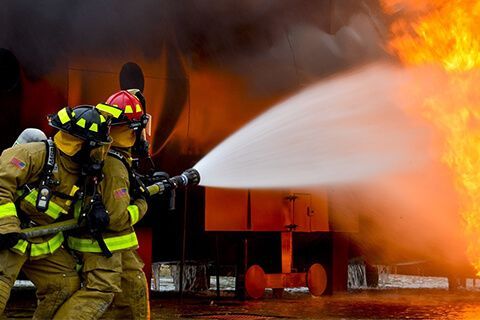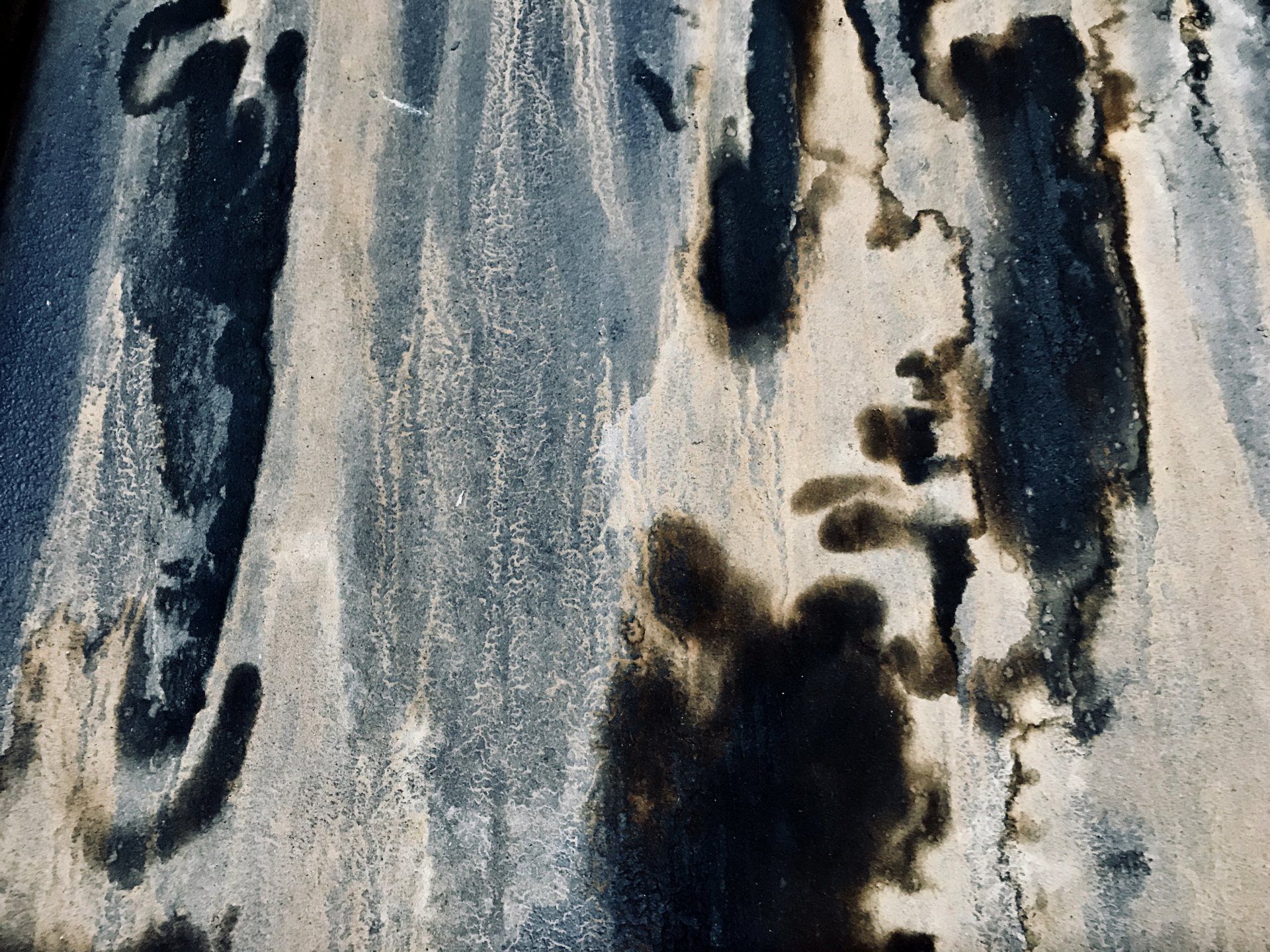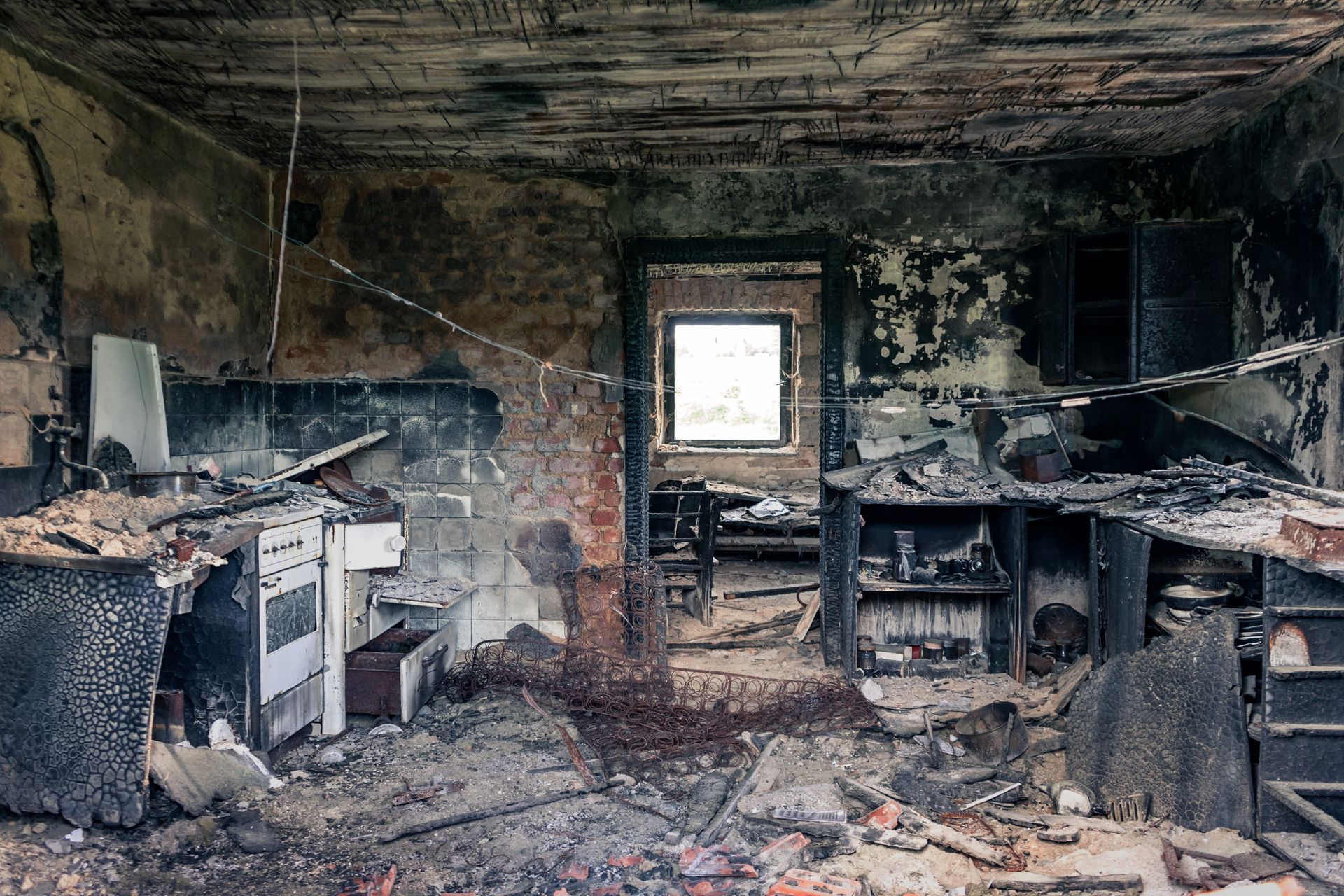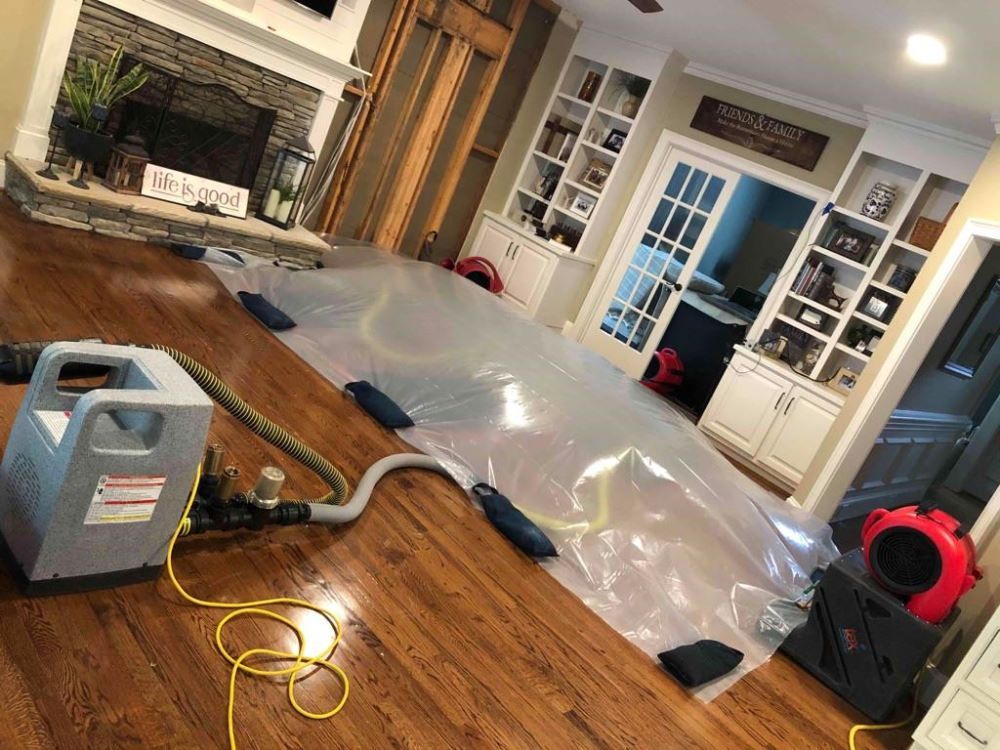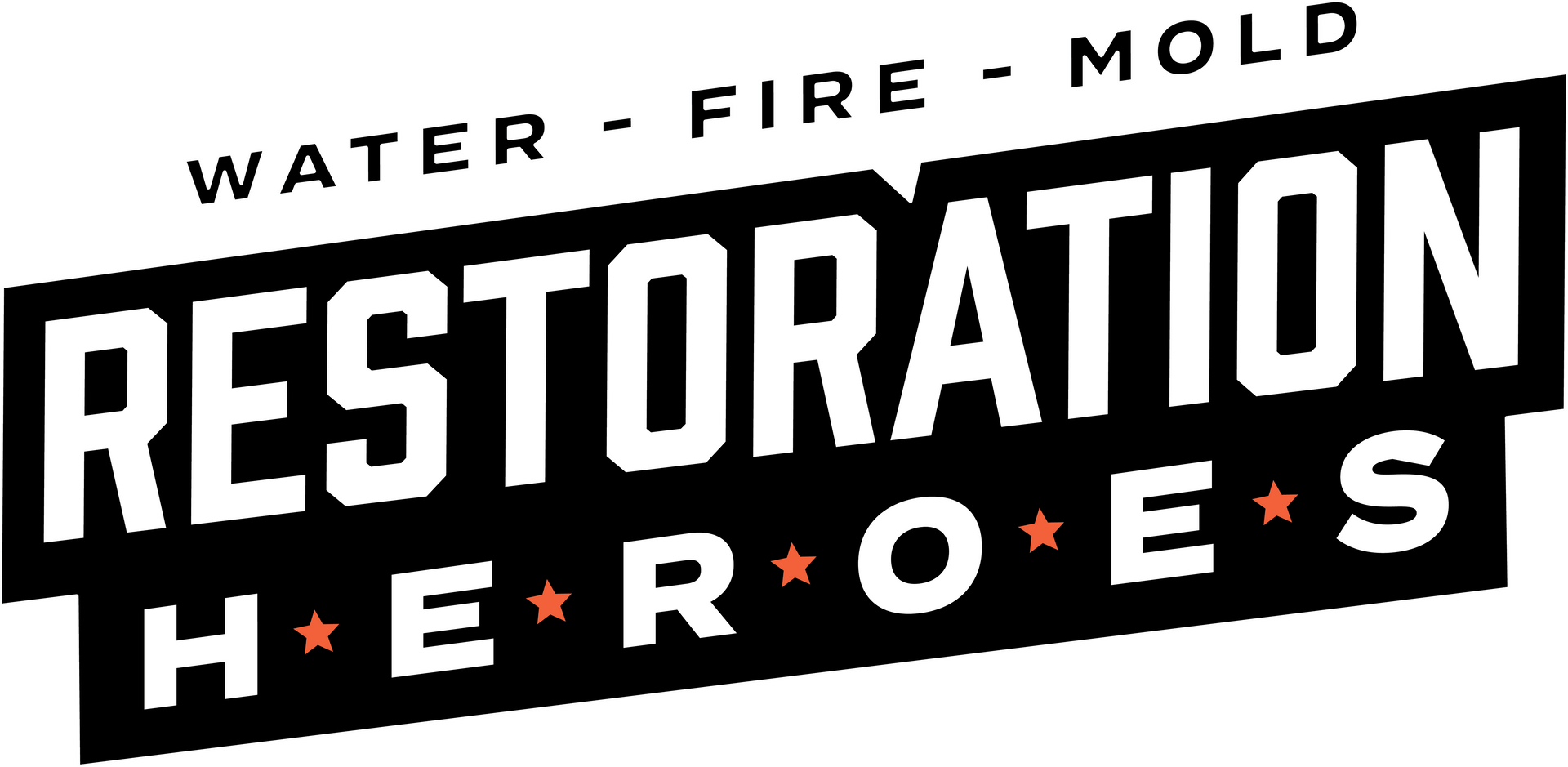
- SERVING ALL OF ORANGE COUNTY, CA
- 24/7 EMERGENCY RESPONSE
GIVE US A CALL
The Importance of Quick Water Damage Response
Act Fast: Why Prompt Water Damage Clean-Up is Crucial for Your Home

Water damage is a serious issue that can cause extensive damage to homes and buildings if left untreated. It is important for homeowners and building owners to respond quickly in order to minimize the damage and prevent any secondary issues from occurring. In this article, we will discuss what water damage is, its impact on property value, and the importance of responding quickly when it occurs.
Causes of Water Damage
Water damage is a common issue that can cause serious structural problems in homes and businesses. It's important to understand the most frequent causes of water damage so you can take steps to identify them quickly and prevent further damage.
- Leaking or Burst Pipes: Pipes that have become corroded, worn, or damaged over time can develop leaks or burst, resulting in water damage. To prevent this from happening, it is important to regularly inspect all pipes and plumbing fixtures for signs of wear and tear.
- Malfunctioning Household Appliances: Washing machines, dishwashers, and other household appliances can malfunction and cause water damage if they are not properly maintained. Regularly inspecting these appliances for signs of wear and tear can help prevent water damage.
- Plumbing Issues: Clogged drains, sewer backups, and other plumbing issues can lead to water damage if not addressed promptly. It is important to inspect all drains and sewer lines regularly in order to identify any potential problems before they become severe.
- Severe Weather Events: Heavy rain, flooding, and snowmelt can cause water damage by flooding basements, damaging roofs, or even causing foundation damage. So, it is important to ensure that the home is adequately prepared for any potential weather events.
- Roof Leaks or Damage: If a roof has not been properly maintained over time, it can develop leaks and other forms of damage. Additionally, severe weather events can also cause damage to the roof, resulting in water damage. To prevent this from happening, it is important to regularly inspect the roof for any signs of wear and tear or damage.
- Foundation Cracks or Damage: Foundation cracks can lead to water damage if not addressed promptly. It is important to inspect your foundation on a regular basis for any signs of wear and tear or damage.
- Overflowing Toilets or Bathtubs: If a toilet or bathtub is not properly maintained, it can overflow and cause water damage. It is important to inspect toilets and bathtubs regularly to ensure that they are functioning properly.
- Natural Disasters: Hurricanes, earthquakes, and tsunamis can cause severe water damage due to flooding. In order to prevent this from happening, it is important to understand the potential risks associated with your area and take steps to protect your home against these disasters.
- HVAC Issues: Air conditioning units, condensation buildup, and other HVAC problems can lead to water damage if not addressed promptly. It is important to inspect all HVAC systems regularly and take steps to prevent potential problems from occurring.
Long-Term Effects of Water Damage
Water damage should not be taken lightly, as it can often lead to secondary damage that can be significantly more costly to repair. Secondary damages are those that occur after the initial water damage and are typically caused by long-term exposure of the affected area to moisture or humidity. Common types of secondary damage include mold growth, weakened structural elements, pest infestations, and rotting.
The costs associated with secondary damage can be significant and often exceed the cost of repairing the primary water damage. In addition, secondary damage can also impact the value of a property, as it may require costly repairs or remediation in order to restore its marketability.
Mold Growth
Mold growth can be a cause for major concern, as it can present both health and structural risks. Exposure to mold can lead to a variety of respiratory illnesses and skin irritations. Allergenic reactions may include coughing, wheezing, congestion, runny nose, throat irritation, and eye irritation. Those with asthma or other respiratory conditions are particularly at risk from exposure to mold. In addition, those with weakened immune systems may be more susceptible to infections caused by molds. Mold can also cause structural damage to homes, offices, and other buildings due to the presence of moisture that can lead to structural decay and rot.
Structural Damage
Water damage can have a huge impact on the structural integrity of a building. Long-term water damage can cause walls to weaken and crack, floors to rot or warp, and ceilings to become unstable. If left unchecked, these issues can eventually lead to costly water damage repairs or even dangerous collapses. In particular, the weakening of supporting structures caused by water damage can lead to an increased risk of collapse in the case of an earthquake or other natural disaster. Given these risks, it is important for homeowners and property owners to act quickly when dealing with any kind of water damage.
Electrical Issues
Water damage can be a major problem for electrical systems in a building. If water seeps into components of the system, it can cause short circuits and other issues that can lead to fires or shocks. In addition, standing water near an outlet or switch can create a dangerous situation as an electric current could travel through the water. Even if the current does not reach people, it can still cause significant damage to the wiring and other electrical components. It is important to address water issues quickly in order to remove any potential danger from an electrical system. If moisture has already infiltrated the system, it is best to call a professional for repairs or replacements as soon as possible.
Health Risks
Long-term exposure to water damage and mold growth can have serious health risks. For example, people living or working in a building with water damage and mold are at a higher risk of respiratory illnesses such as asthma, bronchitis, and allergies. In addition, long-term exposure to mold growth may also increase the risk of developing skin conditions like dermatitis. Furthermore, people with compromised immune systems may be at an increased risk of developing fungal infections due to prolonged exposure to mold.
Decrease in Property Values
Water damage can have a huge impact on the value of a property. Repairing water damage is often costly and time-consuming, leading to enormous expenses that can quickly add up. For example, if a burst pipe floods the basement, the cost of repair could include replacing carpets and furniture as well as repairing walls and ceilings, which can cost thousands of dollars. Furthermore, the damage caused by water can be difficult to repair completely, leading to a decrease in property value. In some cases, water damage can even lead to mold and mildew growth, which can lead to additional repair costs and a further decrease in property value.
Increased Risk of Future Water Damage
Water damage can cause significant structural damage, resulting in weakened structures that may be more susceptible to future water damage. Unrepaired leaks can allow moisture into walls and ceilings, weakening the integrity of the structure and leaving it vulnerable to further water damage. Poor maintenance of various systems in a building, such as rain gutters or sump pumps, can also lead to eventual water damage. Furthermore, areas of the building that are prone to flooding or standing water, such as basements and crawl spaces, should be regularly monitored for signs of existing or potential water damage. If any issues are identified promptly, they can be addressed before extensive water damage has the chance to occur.
Unpleasant Odors and Reduced Indoor Air Quality
Water damage can cause significant damage to buildings and their contents. In addition, it can have a negative impact on indoor air quality due to the presence of mold and bacteria. These microscopic organisms release unpleasant odors that are not only unpleasant but also hazardous to health. Exposure to these odors is linked to a variety of health issues, including headaches, respiratory problems, fatigue, and even depression. In addition, the presence of mold and bacteria can lead to an increased risk of allergies and asthma. As such, it is important to take steps to restore water damage as soon as possible in order to limit potential health risks.
Pest Infestations
Water damage can create ideal conditions for pests to thrive in. Some of the most common pests that are attracted to damp environments include cockroaches, ants, termites, and rodents. These pests will seek out any moisture they can find, such as seeping through walls or under floorboards. The presence of these pests can lead to other health and safety hazards like spreading disease and contaminating food. Additionally, the moisture from water damage can also attract other pests such as flies, moths, carpet beetles, silverfish, and spiders. These pests will feed on fabrics like clothes and furniture and can cause a lot of destruction if left unchecked.
Discoloration and Staining
Water damage can have a huge impact on the aesthetics of a building. When moisture seeps into porous surfaces, it can cause discoloration and staining that will make walls, floors, and ceilings look unsightly. In some cases, mold may even start to grow if the water is not dried up quickly enough. Discoloration and staining from water damage can be difficult to clean up and may require the use of special cleansers, sealants, or even repainting or replacing affected surfaces. Not only is this unattractive, but it can also be expensive and time-consuming to repair.
Inefficient Energy Usage
Water damage can have a significant impact on HVAC systems in buildings. If water enters the system, it can cause corrosion to occur due to moisture accumulating inside components. This corrosion can decrease the efficiency of the system and result in higher energy usage and costs for the building owner. Additionally, if left unchecked, water damage can cause parts of the system to fail prematurely or even stop the system from functioning at all. This can lead to costly repairs and replacements, as well as disruption of the air quality within the building. Finally, mold and mildew growth can occur due to moisture accumulation, resulting in further damage to the system and potential health risks for occupants.
The Importance of an Immediate Response
When it comes to water damage, every second counts. It's important to respond quickly in order to mitigate the damage and avoid further problems such as mold growth. Mold can begin growing within 24-48 hours of a water intrusion, so responding quickly is critical for preventing its spread.
Fortunately, there are several tools and techniques that can be used to respond to water damage rapidly. Wet vacuums can be used to quickly remove standing water, and dehumidifiers are useful for drawing moisture out of walls and other areas of the home. Additionally, air movers may be used to speed up drying times in affected areas.
It's important to employ these techniques as soon as possible following a water intrusion in order to minimize damage and prevent mold growth. Taking quick action can help to make the water damage restoration process easier and less costly in the long run. By responding quickly to water damage, you can help ensure that your home remains safe and secure for years to come.
Working with Water Damage Professionals
Water damage can be a devastating experience for homeowners. Not only is it costly to repair, but the effects of water damage can have long-term health implications if not properly dealt with. Working with qualified water damage professionals can help ensure that your home is restored to its pre-damage condition quickly and safely.
When selecting a water damage professional, you should look for one that offers a range of services. These typically include water extraction, mold remediation, and structural repair. Water extraction is essential in order to remove standing water from the affected area. Mold remediation helps to eliminate any existing mold colonies, while structural repair restores damaged walls and floors back to their original condition.
It is also important to ensure that you choose a reputable and reliable water damage professional. This is best achieved by researching the company online and reading customer reviews. Check if they are certified by organizations such as RIA (Restoration Industry Association) or IICRC (Institute of Inspection Cleaning and Restoration Certification). Doing so will give you peace of mind that the professionals you hire are knowledgeable, experienced, and properly insured.
Act Fast – Get In Touch Now!
The importance of responding quickly and efficiently to water damage cannot be overstated. It is important to act fast in order to prevent further damage and save as much of your property as possible. Restoration Heroes provides the most comprehensive and experienced service in quick water damage response, having served many commercial and residential customers for years. We are capable of restoring your property to its pre-incident condition thanks to our extensive training and expertise.
At
Restoration Heroes, we understand the stress associated with water damage disasters and
water damage clean-up, which is why we provide timely, efficient, and cost-effective solutions to help you restore your property as quickly as possible. Our team of experts is available 24/7, so call us today!
CONTACT US 24/7 FOR RESTORATION HELP
Works with all major insurance carriers
Proven & personalized service
Professional, high-quality workmanship
24/7 emergency service
90 Minute On-Site Response Time
IICRC & background checked technicians
OR GIVE US A CALL
Don’t wait on water damage repairs, as it will only complicate the matter and invite more cost and frustration. Restoration Heroes are available 24/7 to help Irvine residents and property owners return their property back to its original state – safely, securely, promptly!
Restoration Heroes is a 24/7 emergency restoration company based in Irvine, CA, and services all of Orange County, CA. We are experienced in water damage restoration, fire damage restoration, mold damage remediation, biohazard cleanup, storm damage cleanup, and more. Our industry experts can advise you on your options, offer guidance, and create the absolute best case outcome for your situation.
QUICK LINKS
All Rights Reserved | Restoration Heroes


